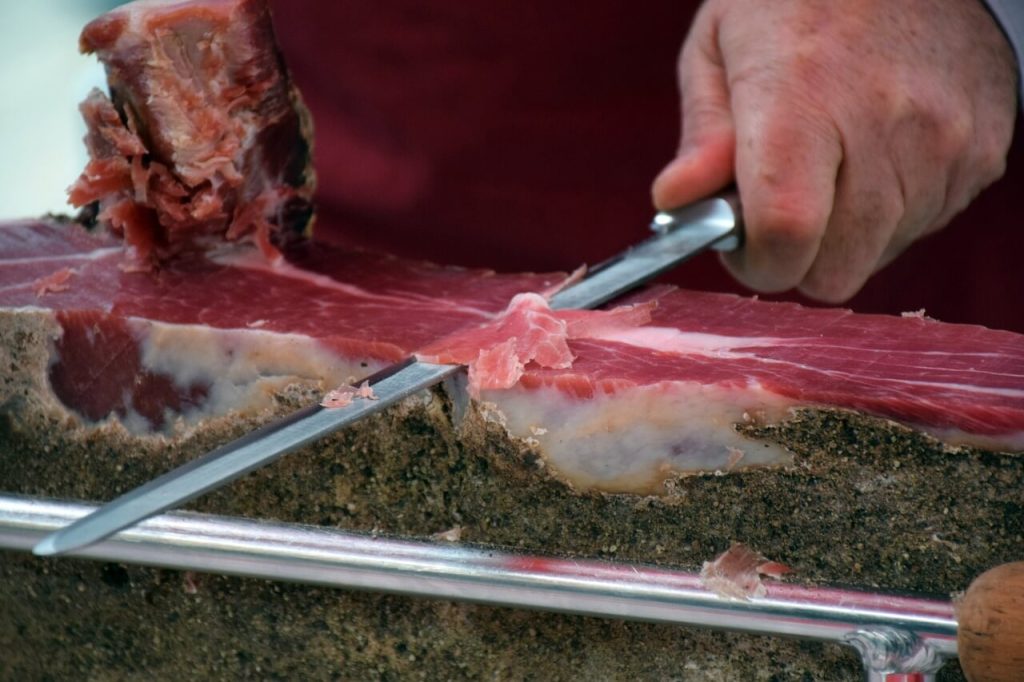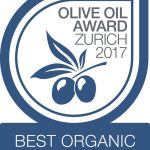The pandemic and stagnation in the world market have further emphasized the need for Croatia to focus on its food production. This is especially true for meat and meat products. Nevertheless, the potential certainly exists because according to the calculation of the Faculty of Agriculture in Zagreb, in 2018, the self-sufficiency of the Republic of Croatia in meat production amounted to 70.64%, reports T.portal.
Croatian Member of the European Parliament and negotiator of the EPP Group for the Committee Opinion on the Internal Market and Consumer Protection on the ‘Field to Table’ Strategy, Tomislav Sokol, managed to fight for the protection of traditional Croatian products such as kulen and prosciutto.
“The European Union is determined to make the food system healthier and more sustainable. This does not mean giving up our traditional meat products such as Slavonian kulen and Istrian or Dalmatian prosciutto. Moreover, I am sure that our products, known for their top quality and traditional production methods, do not threaten citizens’ health. As a member of the Committee on the Internal Market and Consumer Protection, and as a rapporteur for European citizens, I intervened in the text of the Opinion on the European Commission’s Field-to-Table Strategy to protect the production of traditional Croatian products,” says Tomislav Sokol.
Croatia has significant production potential in this sector, which opens new economic and development perspectives, especially for the Croatian countryside. Europe must become self-sufficient in producing quality and healthy food, and Croatian agriculture and the food industry must be integral elements of this system.
Sokol ensured that the Mediterranean diet does not qualify as unhealthy in that Strategy. Namely, other political groups in the European Parliament agreed on the text of the Opinion, which would label European, and thus the Mediterranean diet, unhealthy. However, during the negotiations on the specific amendment, Sokol insisted on changing the text of this act, which would mark the European and Mediterranean diet as unhealthy.
“I must admit that I was quite surprised when I noticed in the text that our diet was to be declared unhealthy. Flat and unfounded claims must not occupy space in official documents of the European Parliament. From the beginning, I was clear in my position, and I am glad that I was able to convince other fellow Members of my position. We are proud of our Mediterranean lifestyle and diet that includes the use of fresh foods, fish, fruits and vegetables, and essential olive oil,” explains Sokol.
It should be reminded that the ‘Field to Table’ Strategy defines key priorities for setting up a sustainable and healthy food system, and the fact that the Action Plan accompanying the Strategy envisages the adoption of 27 legislative and non-legislative acts until 2024 shows how complex the implementation of this Strategy will be.
To read more about lifestyle in Croatia, follow TCN’s dedicated page.











